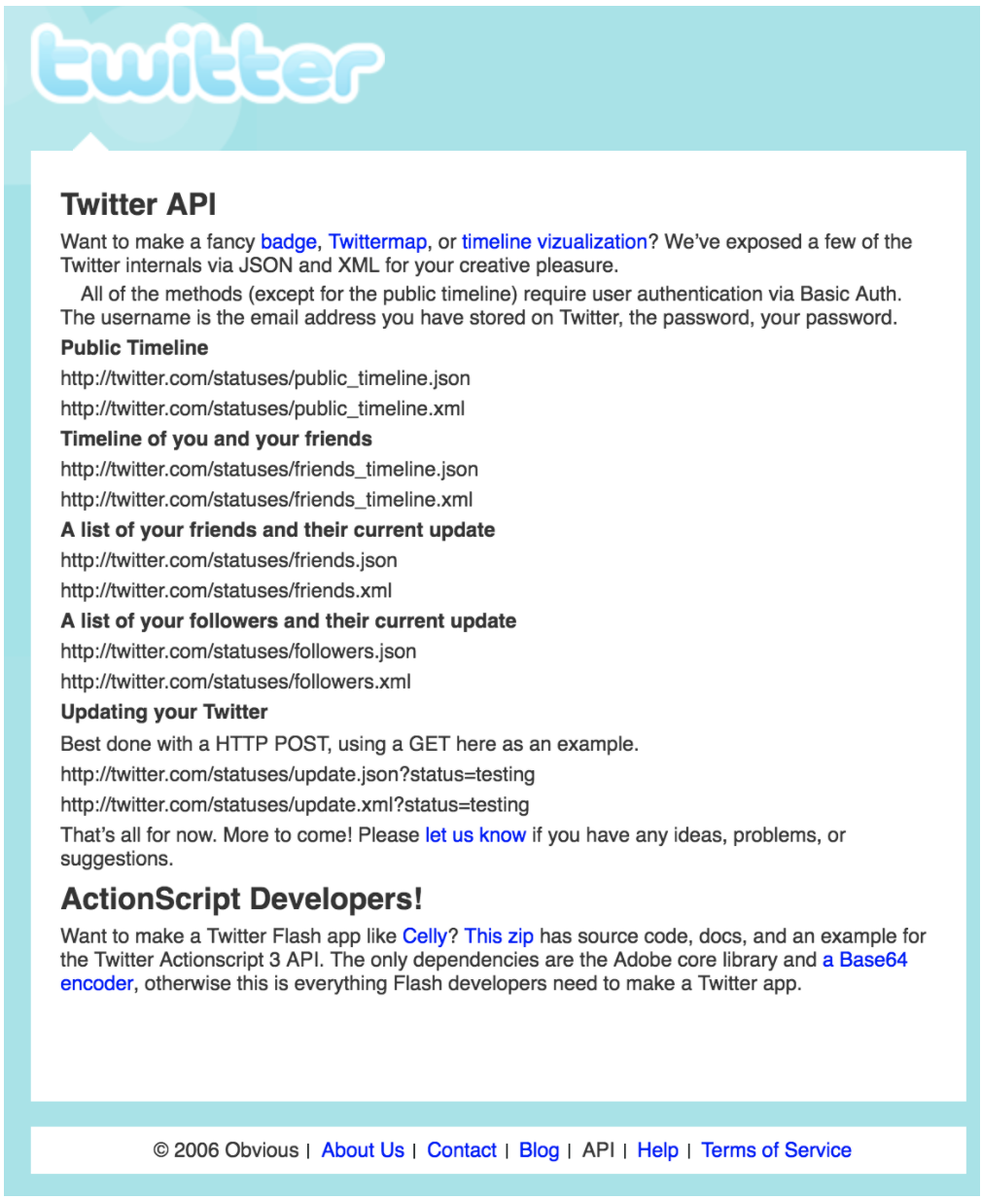
Academics are one of the biggest groups using the #TwitterAPI to research what’s happening. Their work helps make the world (& Twitter) a better place, and now more than ever, we must enable more of it.
Introducing 🥁 the Academic Research product track!
blog.twitter.com/developer/en_u…
Introducing 🥁 the Academic Research product track!
blog.twitter.com/developer/en_u…
Feedback from hundreds of researchers around the world helped shape what’s launching today:
• The full history of public conversation data ⌛
• A higher Tweet cap 📈
• Advanced filtering ability 🔍
• Technical resources 🧑💻
• And all available for free 🎉
• The full history of public conversation data ⌛
• A higher Tweet cap 📈
• Advanced filtering ability 🔍
• Technical resources 🧑💻
• And all available for free 🎉
To get started, new and returning developers must submit an Academic Research application. This process helps us make sure that access to this data will be used safely, securely, and in line with our Developer Policy.
Apply here 👇
developer.twitter.com/en/portal/peti…
Apply here 👇
developer.twitter.com/en/portal/peti…
To be eligible for this track, you need to:
• Be a master’s student, PhD, post-doc, faculty, or employee at an academic institution,
• Have a clearly defined research objective, and
• Use this only for non-commercial purposes.
More here 👇
developer.twitter.com/en/solutions/a…
• Be a master’s student, PhD, post-doc, faculty, or employee at an academic institution,
• Have a clearly defined research objective, and
• Use this only for non-commercial purposes.
More here 👇
developer.twitter.com/en/solutions/a…
We know this doesn't represent everyone doing research with Twitter data, so we're building solutions to support the full range of research use cases. Today’s release is just the start of much more to come this year, for all our developers.
👀 the roadmap
trello.com/b/myf7rKwV/twi…
👀 the roadmap
trello.com/b/myf7rKwV/twi…
We’re excited to support so many more research possibilities with this track - both today, and for years to come.
What do you plan to discover next with Twitter data? 🔎 Let us know!
What do you plan to discover next with Twitter data? 🔎 Let us know!
• • •
Missing some Tweet in this thread? You can try to
force a refresh



